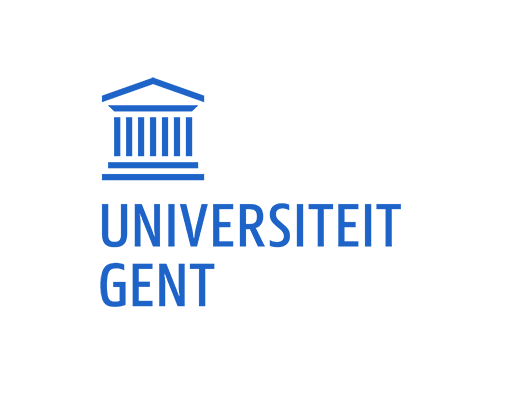Research Project
Implementing Sustainability education in Higher Education: Revisiting the scholarly debate, policymaking, and practices from a Kenyan perspective - SHEK
Running from 2023 to 2027.
Funded by UGENT - BIJZONDER ONDERZOEKSFONDS.
The SHEK-project revisits the debate about competencies and employability in education for sustainable development (ESD) from a sub-Saharan African perspective. It conducts a comparative policy analysis of ESD and sustainable higher education policies in Belgium and Kenya, a comparative analysis of ESD implementation in a Belgian and Kenyan university, and action research on curriculum redesign in a Kenyan university.
The discourse on sustainability competencies among scholars and practitioners across the globe has gained momentum. To date, global south countries like Kenya have a lesser voice in the global debate as a result of, e.g. lack of adequate funding for research and publication (which has worsened in post-pandemic times). This project aims to address this gap.
The scientific objectives are:
- To revisit the long-lasting debate about competencies and employability in ESD from the perspective of sub-Saharan Africa
- To conduct a comparative policy analysis of the ESD and sustainable higher education policies in Belgium (Flanders) and Kenya
- To conduct a comparative analysis of ESD implementation processes in a Belgian and Kenyan university
- To conduct action research on integrating key sustainability competencies in the curriculum of a Kenyan university
- To add a voice from sub-Saharan Africa in the ongoing discourse on the competencies for sustainable development employability skills in alignment with the future of work in Kenya and beyond
We address the following research questions (RQ):
- What are the arguments (pro and con) used in the scholarly debate about competencies and employability in ESD and to what extent are they relevant in a Kenyan context?
- Considering the Kenyan context, which alternative or additional arguments should be taken into account in the debate about competencies and employability in ESD?
- What are the similarities and differences between the ESD and sustainable higher education policies in Belgium (Flanders) and Kenya with regard to competencies and employability?
- What are the similarities and differences between the ESD implementation at Ghent University (Belgium) and Riara University (Kenya) with regard to competencies and employability?
- How do alumni of Ghent University (Belgium) and Riara University (Kenya) assess the impact of sustainability competencies on their employability?
- How can sustainability competencies be (further) integrated into the curriculum of Riara University (Kenya) in a way that takes into account the benefits and possible pitfalls identified through RQ1-2 and that contributes to enhanced employability (cf. RQ5)?
Samenvatting in het Nederlands:
Het SHEK-project herbekijkt het debat over competenties en inzetbaarheid in educatie voor duurzame ontwikkeling (EDO) vanuit het perspectief van sub-Sahara Afrikaans. Het combineert een vergelijkende beleidsanalyse van EDO en duurzaam hoger onderwijsbeleid in België en Kenia, een vergelijkende analyse van EDO-implementatie in een Belgische en Keniaanse universiteit, en actieonderzoek naar curriculumhervorming in een Keniaanse universiteit.


